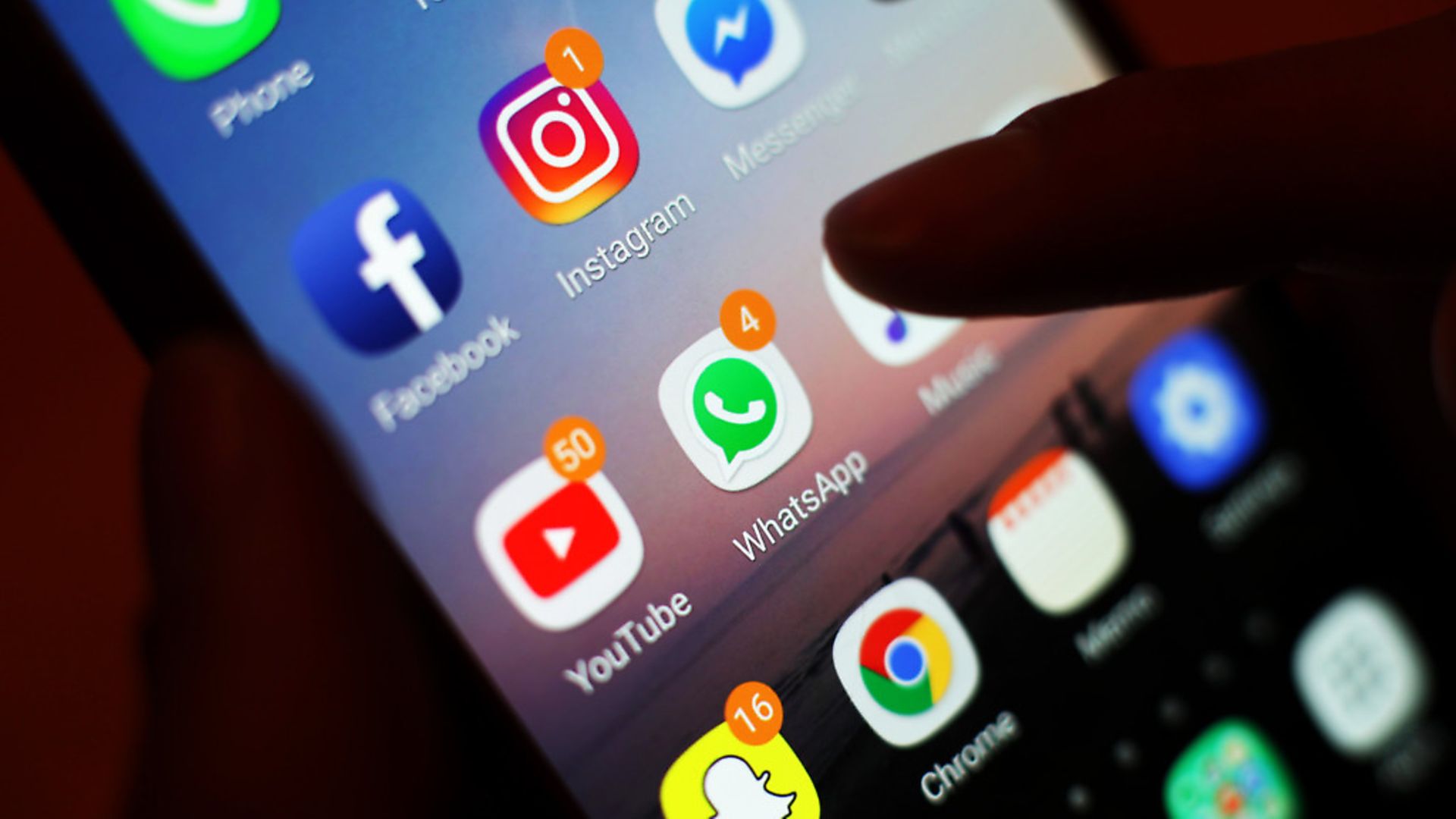What were the memes that went especially viral on the internet last year? I was asked to prepare a list for a podcast in December, as part of a round-up of 2023. I struggled. What were they? The producers had come to me because they knew I was very online but still, I couldn’t quite answer that question for certain.
Before you start considering commenting, let me be clear: I am aware of the fact that I am in my early thirties. I am no longer “young”, at least by the standards of social media. Even my little brother, who I once relied on to see what the youths were up to, is now in his late twenties. He can’t help me anymore.
Though the passing of time definitely had something to do with my general bafflement, it really only was one piece of the puzzle. The other is that 2023 was the year when the internet fragmented again.
In the 1990’s and the early 2000’s, it was easy to live online in a series of niche spaces; little burrows you’d built and hid inside with your friends. By the early to mid 2010’s, this had changed entirely. What we thought of as “the internet” had been reduced to a handful of websites.
What did you do when you went online? You checked Facebook. Then you checked Instagram. Then, if you cared about the news or were especially nerdy, you checked Twitter. For around 15 years, we spent all our time together, all of us, hanging in the same places. It was good in some ways and bad in others – but that’s probably a story for another time.
What matters here is that this era of online culture is over. Facebook has been slowly declining for years, and few people under the age of about 40 in the West use it regularly. Elon Musk’s purchase of Twitter has driven many users away from the app, for understandable reasons. Its replacements, Threads and Bluesky, still divide users. I picked the latter and am yet to create an account on the former, and know many who have done the opposite. The connections we had are now lost.
TikTok is still riding high but it will never be truly hegemonic. Its user base remains stubbornly young, and the purely algorithmic timeline means that no two people will ever see the same things on their screens. Other sites like Tumblr and Instagram are still there, but could hardly be called tastemakers.
In short: there is no all-encompassing “internet culture” anymore, because there is no all-encompassing internet anymore. What I thought of as viral memes last year may have escaped you entirely, and it is likely that I never once saw some images or videos which Gen Z shared hundreds and thousands of times on their networks.
What will this mean in practice? It’s hard to tell – that’s the problem. People whose jobs it was to scan the horizon and see what people were getting sad and angry about no longer have any visibility. Those who were tasked with sorting correct pieces of information from misleading ones will now struggle to see what is being shared, and by whom. It is also unclear how they will set the record straight with all these groups they are hoping to reach.
Similarly, campaigners and political parties will no longer be able to target their preferred audiences with ease. The days of straightforward and slick Facebook ads are long gone, and silly stunts on Twitter are unlikely to gain as many headlines as they once did. How do you reach people online in 2024? No one’s certain. It really, really depends on who you’re trying to get to, which is the whole problem.
Another crucial question is: will this make things better or worse? The more-or-less unified internet brought us conspiracy theories on a global scale, as well as election-swinging misinformation. It would be hard to argue that its influence on the world was solely positive.
Still, at least we knew what we were dealing with, and now we won’t. Politicians and all those who care about the future of our societies and democracies should be worried. There are choppy waters ahead. And no, I still won’t join Threads.












